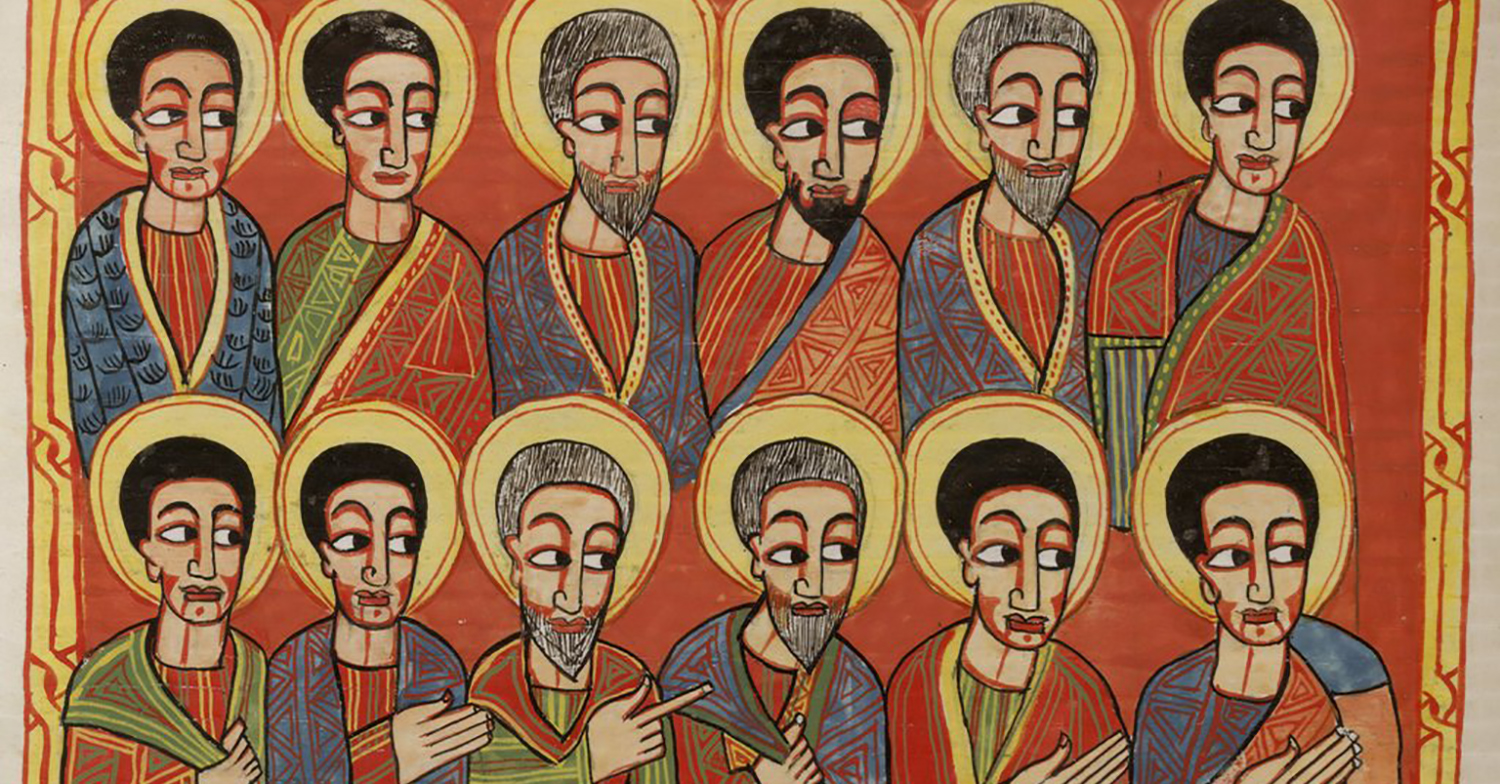
By Davor Milicevic, HCN editor
Subscription confirmation numbers for Anglican newspapers in Canada are in and they send a clear message: the days of print media are almost over.
October 31 was the last day to confirm your subscription. The latest update, just a couple of weeks before the deadline, shows that the numbers are down, dramatically. The total number of Anglican subscribers in Canada has dropped from 120,000 to just over 35,000.
The numbers for Huron follow this ratio: out of 10,500 families who have been receiving their copy of the Huron Church News and the Anglican Journal, less than 3,000 confirmed their subscription. Some 6,000 still unprocessed confirmations from the entire country won’t change the picture – they may add a couple of hundreds of subscribers for our diocesan newspaper. More than two thirds of our readers do not want to continue to receive news in this format.
The change in circulation will officially take effect with the January edition. There is no going back. What we need now is a quick transition to digital media platforms as our main communications vehicle.
Are we ready for this change?
For many, the question translates to our ability to deal with technical challenges of the transition, both as providers and as recipients of information. And with a good reason: there is a discrepancy between our nominal digital presence and our digital footprint. It indicates that something is not right on both ends of our communication channel. Or simply put, we are not yet very skillful operators of our digital platforms nor are we highly competent users. There is a lot to be learned.
However, there is a deeper, underlying issue that needs to be addressed, and going digital could be an opportunity to finally expose and tackle the problem. And the problem is as simple as enduring: we do not produce enough stories.
We do not need to go very far to establish this fact. Just compare the number of the upcoming events that we announce weekly and the number of stories that come out of these events. It’s not to say that every local event deserves a story, but I am certain that in 160 plus Huron Anglican communities much more valuable events happen than our stories indicate. In terms of communications, these untold stories are simply the events that never took place.
In its essence, discipleship is storytelling. It has always been, since the time of the Great Commission and Jesus’ last instruction to his disciples: “Go into all the world and proclaim the good news to the whole creation.” (Mk. 16: 15-16) Before any ritual, before any doctrinal definition – there was a story. The first three centuries of Christianity represented an uninterrupted process of storytelling – the process which has turned a marginal group of Jesus’ followers, hidden and forbidden, into a force that has reshaped the history of the world.
When and why we stopped believing that we are “the light of the world”, or when and why we forgot to let our “light shine before others” (Mt. 5: 14-16) − it is difficult to say. But it could be safely argued that our decline in numbers is somehow connected with our reluctance to tell our story.
Going digital provides us with a unique opportunity to turn things around. Paradoxically, in terms of proclaiming and confirming our faith, the end of the printed word leads us back to our home turf. It brings us back to the very beginnings of our storytelling: it recreates that primordial situation in which preachers have faced their audience directly. The only difference is that this time around the number of people in the audience could be potentially infinite.
So, the final message before entering these exciting times of change is not to be afraid. Take your lamp from “under bushel basket” and let it shine. Do not forget: our story started with not too many likes. It started with only twelve followers.

